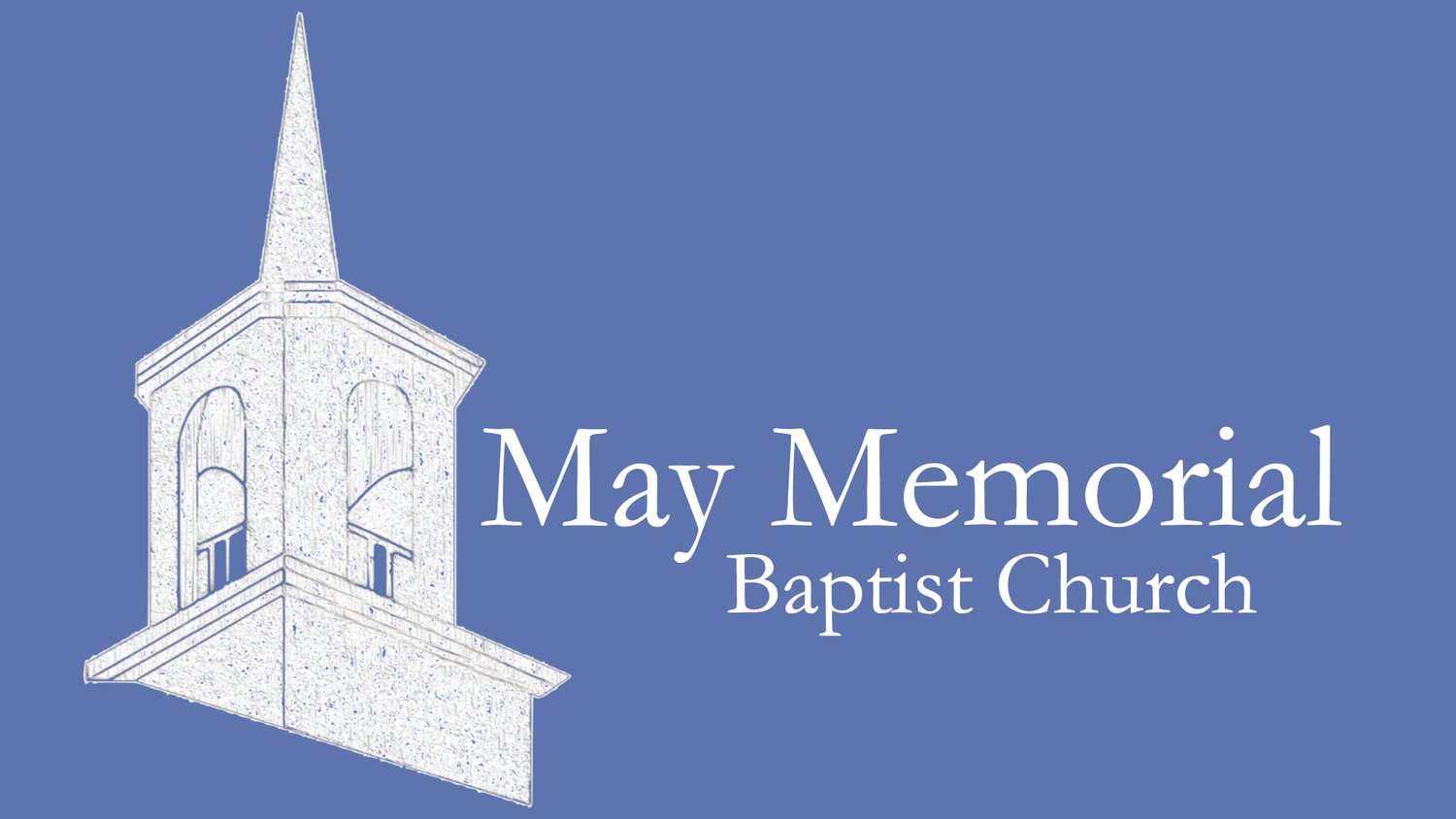Zechariah was doing his job, he goes into the Temple, the Holy of Holies, and he gets a message from an angel. The angel tells this old man that his old wife will have a baby. Zechariah doesn’t understand how this will be, and he tells the angel as much. In return the angel tells Zechariah that he will be mute, he will lose the ability to speak, until the child is born. We read this story and understand Zechariah’s muteness as a punishment, but I wonder.
Sometimes it feels as if we live in a world that is addicted to talking. In her book Quiet: The Power of Introverts in a World that Can’t Stop Talking, Susan Cain describes how we constantly are bombarded with words and how it often feels as if those who have nothing (or little) to say are viewed as less than: less valuable, less powerful, less insightful, less intelligent, and at least less interesting. In a world that won’t stop talking, having something valuable to say is no longer the priority, for far after the valuable has been said the talking doesn’t even slow down. We want to always have the first word, the last word, and always chime in on every topic and every conversation. We just can’t stop talking.
I often feel as if this is even amplified in the Church. American Christianity has manufactured a culture of quick impromptu prayers, testimonies, and sermons. There is often perceived value only in the “heart-led impromptu” words, where passion is valued more than substance. And those who can do this at the drop of a hat with the best “stained glass language” are viewed as a cut above the rest of us, especially a cut above those who prefer to be silent or those for whom words don’t come easily. This fits perfectly into a world that can’t stop talking.
There are many ways to move through the Advent and Christmas seasons. Singing is an excellent way to journey through this important time, there is no shortage of music the Church has embraced through the last 2,000 years that nourishes faithful people. Another way is through reading. There are wonderful books the deepen our understanding of the Advent and birth of Christ. There are also parties, and lights, and celebrations. All of these bring joy and meaning. But this year I’m wondering about taking a cue from Zechariah, and understanding that a way to embrace this story can simply be to be silent.
Zechariah’s song is called the Benedictus. It is recorded in Luke 1:68-79, and we will read it this Sunday in worship. It is important, it is prophetic, and it is meaningful. Zechariah is often remembered because of his song. But over the past days I have been thinking not so much about his song, but about his silence. This year, I wonder if I need to find more things to say, or if I need to move through this season with more silence. Maybe I need to give myself and those around me permission to stop the deluge of words, and just quietly take in what is happening.
So now I, one who makes up a great deal of my vocational life by TALKING, and has contributed to this deluge of words by telling you the importance of being silent, I leave you with the question: does this sound like something that is right for your soul this year too? If so, join me on this path for this season.

